Table of Contents
“The illiterate of the 21st century will not be those who cannot read and write, but those who cannot learn, unlearn, and relearn.”- Alvin Toffler
The 21st century is the century of advancement, innovation and technology. Different research has shown that employees have to learn and relearn the skills every few years to remain relevant to the industry. Students and tutors also need to learn various soft skills, hard skills and tech skills to become successful.
So, learning these various skills requires effective learning strategies. What are these strategies and how to apply them? This blog is going to discuss it in detail.
Understanding the Learning Process
Rachel Wu, the associate professor of psychology at the University of California, shares how a person can learn new skills. She said that babies and toddlers can learn skills easily because they are open-minded and their whole lives are centered around learning. It is because they find every skill relevant to them. So, before learning any skill, you should ask yourself “Is this still relevant to me?”.
If yes, then find an instructor and start learning the skill structurally. In it, you should also give yourself a realistic timeline. As babies can't start speaking when they are born and require almost one year to start speaking, you also should give yourself realistic time to master any skill.
Different researches have shown that our brain keeps producing new brain cells. If we don't use them for fruitful learning, they will eventually die. But, if we utilize them to learn something, they will become a part of our circuit.
It means if you learn the German language, you need to practice it frequently to keep the knowledge of the language in your brain. If you do not practice these skills, your brain will forget about it. So, practicing a skill after learning it is crucial.
Moreover, there are different learning styles suitable for different people. These styles are visual, auditory, kinesthetic, linguistic and many more. Some have learning disabilities too. So, all of you should recognize your learning styles before implementing them to learn new skills.
Strategies for Effective Learning
Active Learning
You shouldn't passively interact with the learning material while learning a new skill. In place of it, you should actively engage with the learning through interactive apps, games and activities. You can use project-based learning, hands-on activities and collaborative learning to actively engage in the learning journey. For this, you can get help from digital tools too. For example, ExperAI is an AI-powered platform that allows you to collaborate with different experts and AI assistants for learning. Moreover, there are platforms for researching and finding resources, games and apps to learn new skills.
Spaced Repetition
You need an effective repetition strategy to empower your new brain cells and make them a part of your circuit. For this, the spaced repetition technique is best. The research has shown that students who repeat the content in the interval in four days perform better. For spaced repetition, you can use different digital tools such as Quizlet, Quizizz and Kahoot. Moreover, teachers can create a quiz for each lesson through QuizGecko or similar tools.
Creating an Optimal Learning Environment
You should create a safe environment physically and mentally for studying effectively. It means you should set up a cozy study space for yourself in your home where no one should disturb you. You can use AI calendars or planners to create a schedule of yours. The fixed schedule and place will eliminate distractions.
In study time, you should make sure to use different app blockers and focus apps to minimize digital distractions. You should use noise-cancellation headphones to avoid noise.
With it, you should take care of your mental health while studying. For this, meditating in between studying is crucial. You can use Calm or Headspace apps for meditation and relaxation.
Collaborative and Social Learning
Collaborative learning can keep you active and engaged in your studies. Having a peer group discussion will enable you to remain motivated and keep learning. For this, you can attend different workshops, libraries and community halls of your educational institutes.
Otherwise, there are different online platforms for collaboration too. For example, the Hive Index has 900 plus online communities for people to join. Moreover, there are social media apps such as Padlet where you can interact with your peers for learning.
Lifelong Learning
Effective study strategy involves having a love for knowledge and learning new skills the whole life. You should keep taking new courses and learning new skills to remain relevant and informed about the changes in your industry and society.
For flexible learning, you can get help from e-learning platforms. Some of these are FutureLearn, Coursera, Khan Academy and DuoLingo. You can take these courses at your pace anywhere you want through your device.
SMART Goals
Effective learning demands realistic goals and timelines. If your goals are not realistic, you will become overwhelmed and will leave learning new things early in your journey. So, you should implement a SMART goals strategy in your life. It is that your goals should be small, measurable, achievable, realistic and can be achieved within a specific deadline. To set your goals, you can get help from different AI tools such as GetZing.
Role of Educators and Parents
Teachers and Tutors
Teachers should provide all essential resources to their students for effective learning. They can make classroom learning interesting by using multimedia, games apps such as Kahoot, PowerPoint slides and hands-on activities. Projects and inquiry-based learning can enhance the motivation of students. Moreover, teachers should give feedback to students on time so that they can make changes in their learning process accordingly. For this, they can use different tools such as Gradescope and Formative AI.
Parents and Guardians
Parents should provide all digital resources and tools a kid needs for effective learning. They should help them in making a schedule for learning and eliminating any kind of distractions they can have. For this, they should communicate with their kid to know what distractions or problems they are having and how they can resolve them.
Conclusion
To conclude this conversation, we can say that effective learning is crucial to survive in the 21st century. Learning new skills and practicing them in academic and professional life can make the skill relevant and useful to the world. So, you all should apply the effective learning strategies we have discussed in this blog. Technology is helping you on every step so make digital tools a part of your life too.







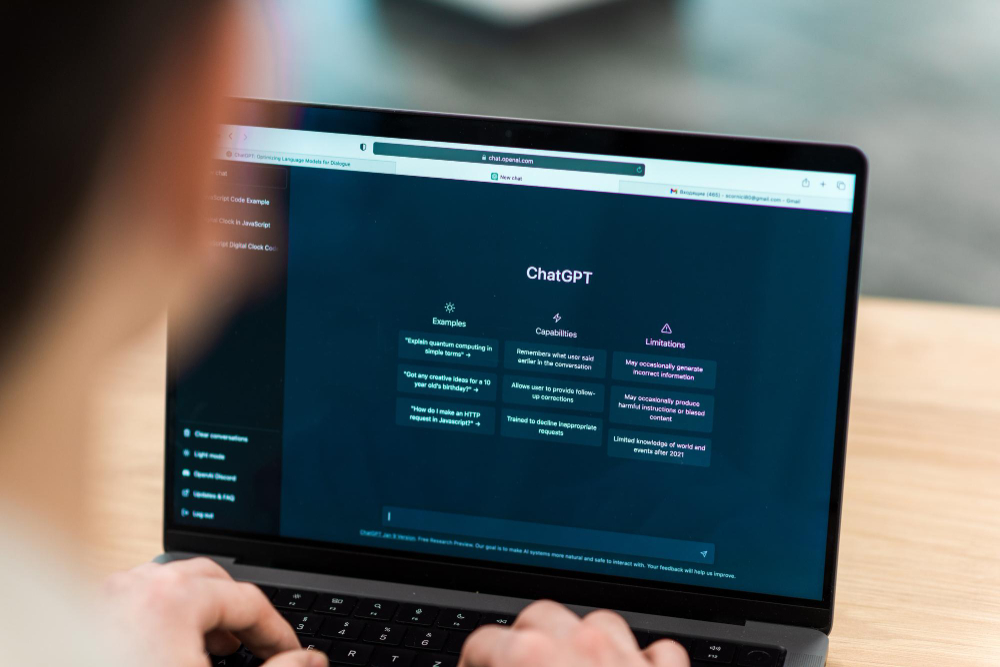






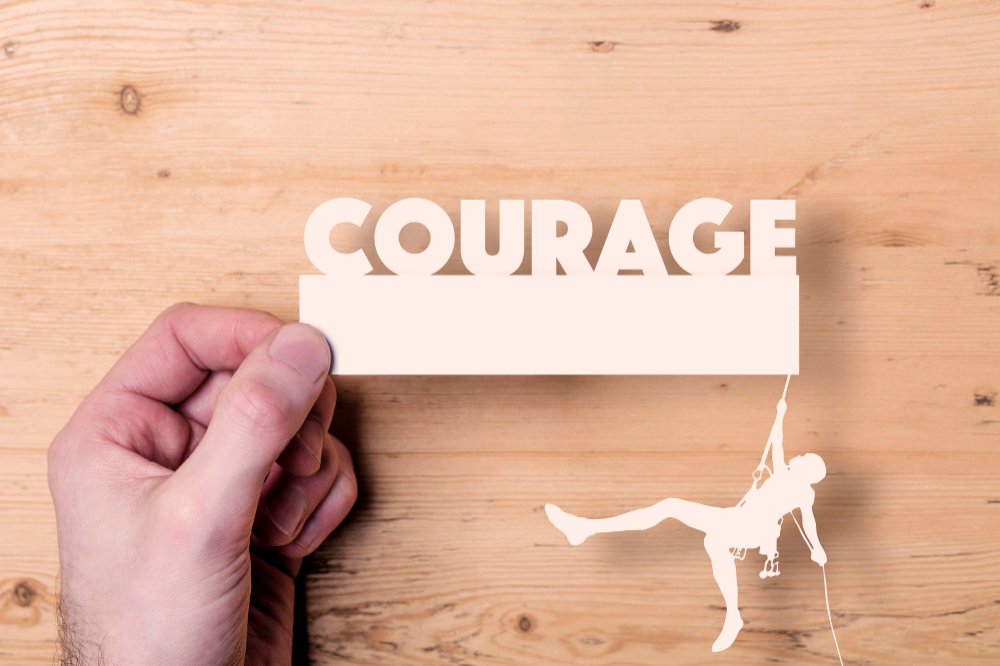








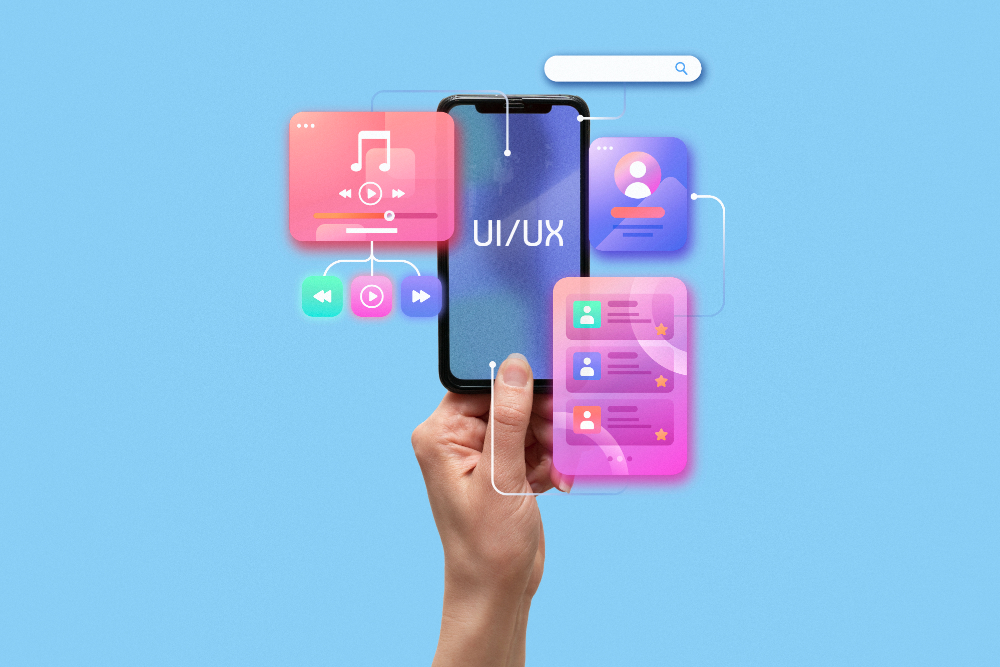
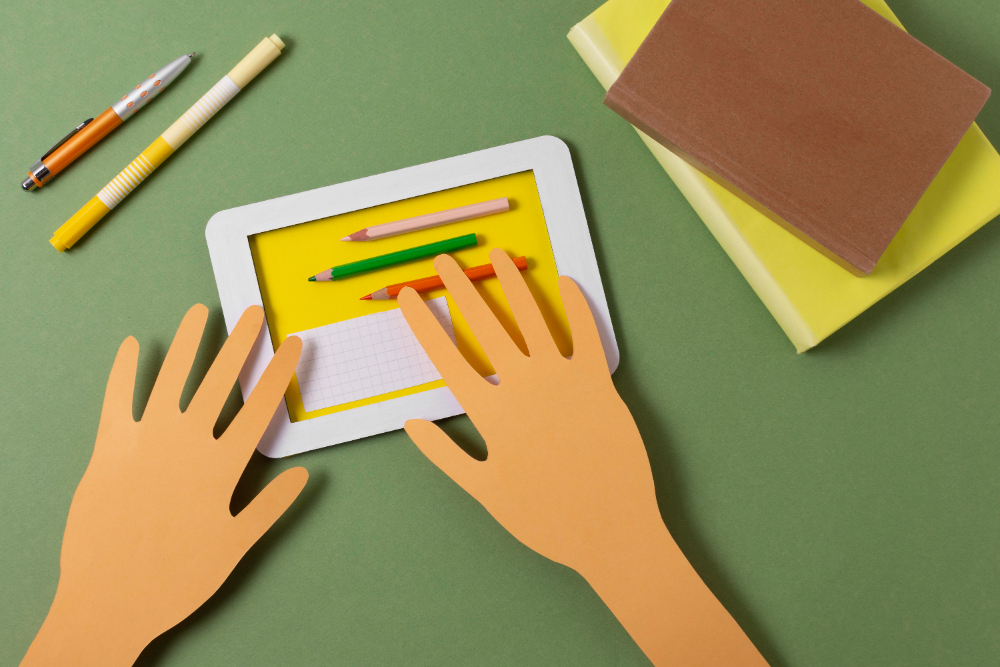
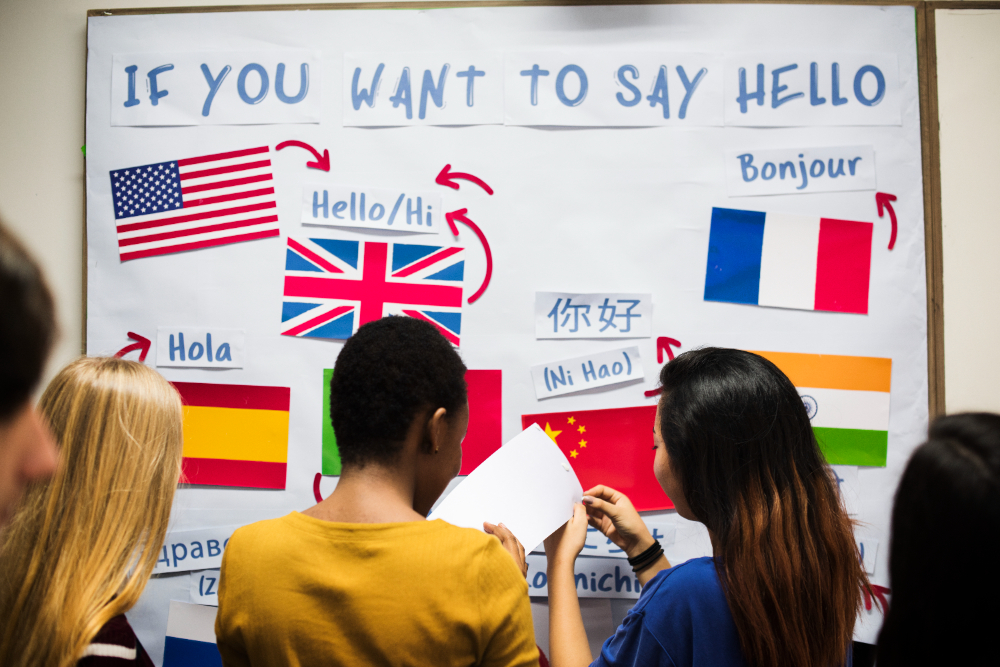

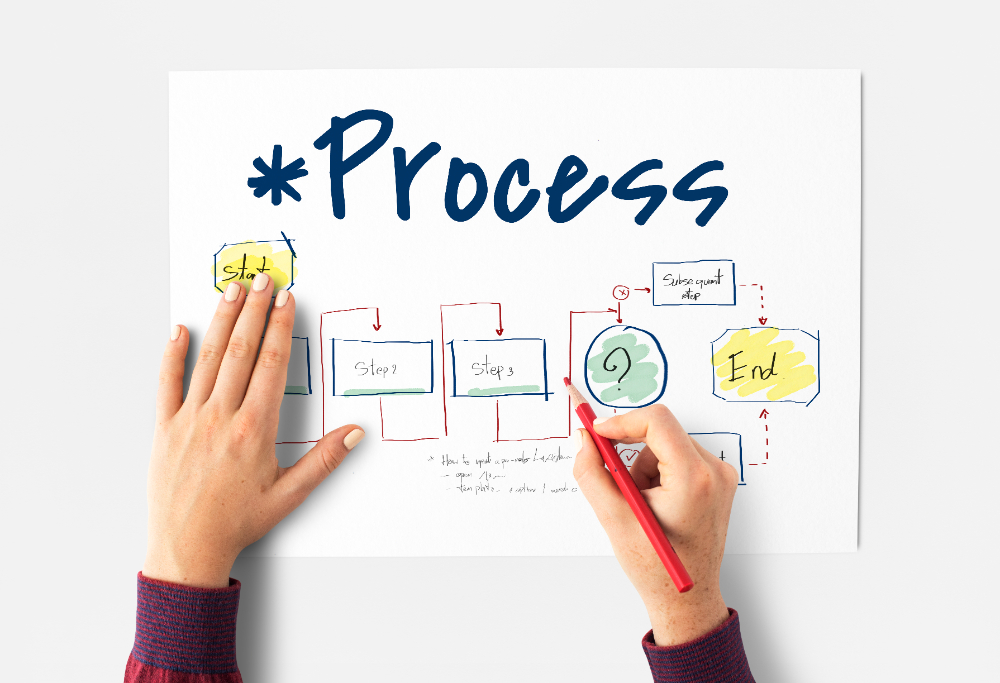



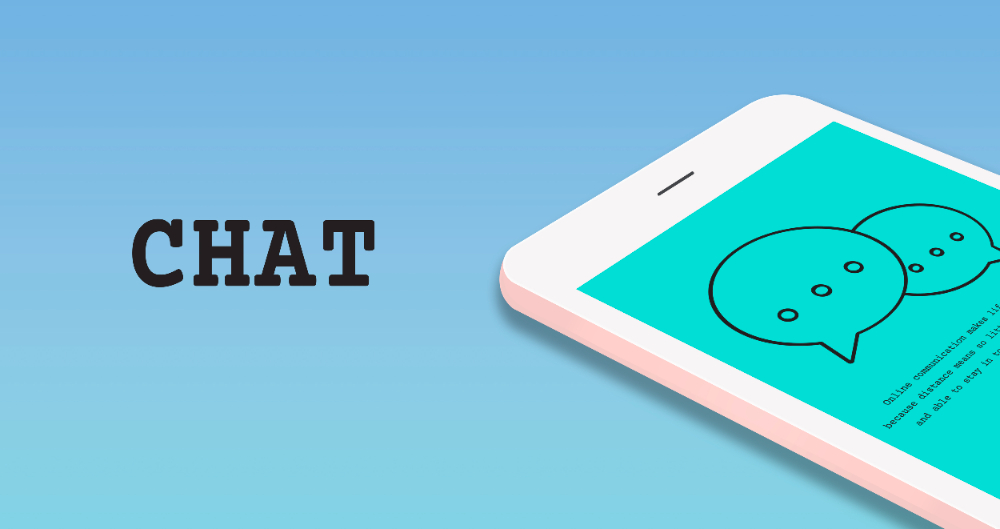

Comments are closed.